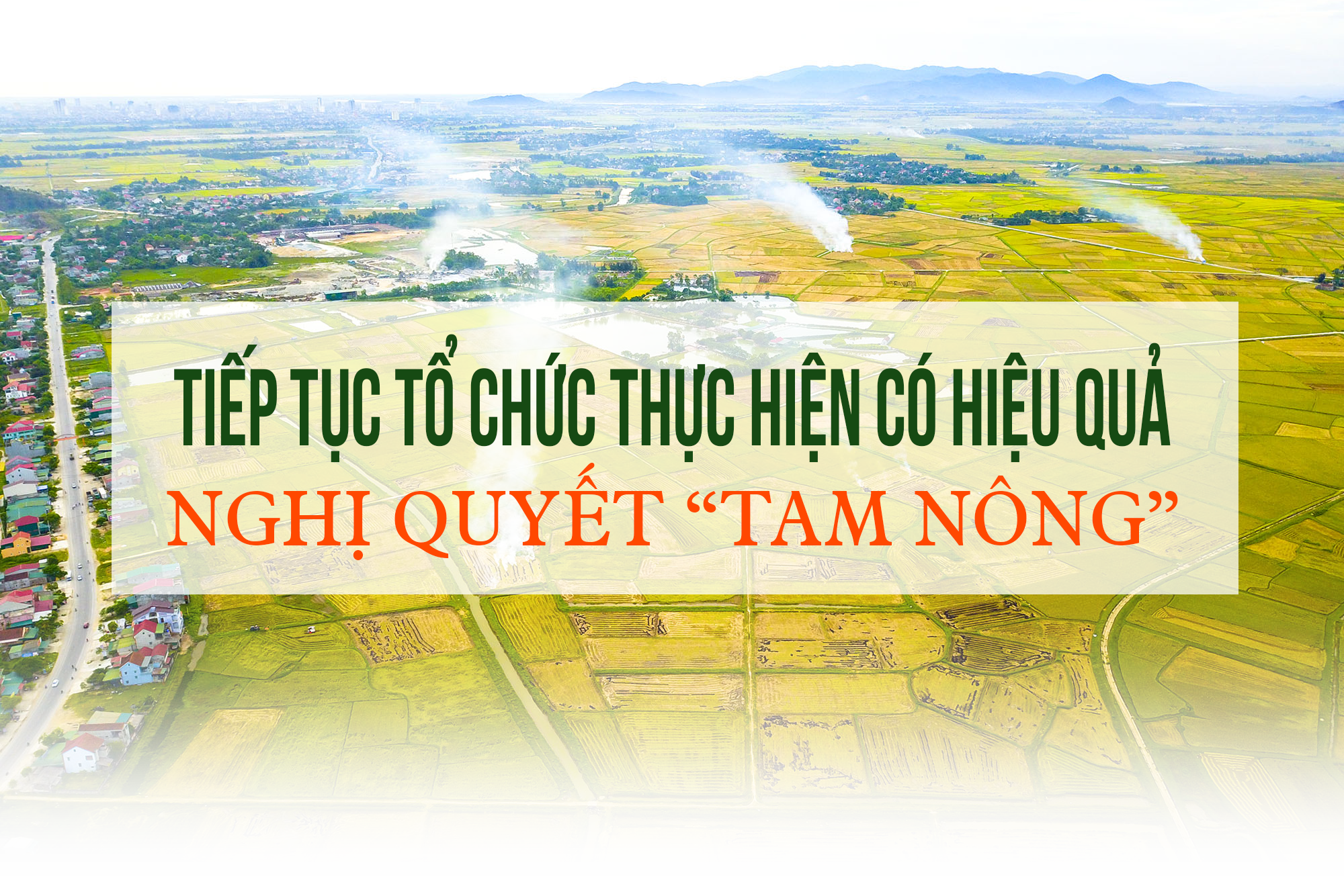
On June 16, 2022, the Party Central Committee issued Resolution No. 19-NQ/TW on "Agriculture, farmers, and rural areas to 2030, with a vision to 2045".
This is a very important resolution, but how to continue to organize the effective implementation of the resolution is a big problem to overcome the limitations that the 13th Party Congress documents have pointed out: "Direction and implementation are still weak links that are slow to be overcome, the capacity to concretize and institutionalize policies and resolutions is still limited..."(1).
Why is the implementation of resolutions still a weak link?
Since the Party was founded, the Party has led the political system and the whole society first and foremost through resolutions, so Party committees at all levels have paid great attention to organizing and implementing them, but some resolutions have been slow to come into effect or the results have not been as expected.

There are many reasons for the above limitations, but mainly: The dissemination to change awareness among cadres, party members and people is not good; the State is slow to institutionalize the Resolution's policies into legal documents; there is no plan to mobilize and balance resources to implement the Resolution; the content of the Resolution is not specifically assigned to organizations in the political system for implementation and the responsibility of the individual heads of those organizations when they do not complete their tasks is not clarified; there is a lack of regular inspection and urging of the implementation of the Resolution and timely organization of interim and final reviews according to regulations.
About perception.
1. Awareness of the peasant class:
The resolution on agriculture, farmers, and rural areas is essentially and in fact a resolution on farmers. The core of agriculture, farmers, and rural areas is the development of the peasant class. Any policy, guideline, or strategy related to agriculture, farmers, and rural areas must be for farmers, from farmers. Beloved Uncle Ho once affirmed:“The majority of our people are farmers. Everything depends on farmers…"(2). According to the General Statistics Office, in 2020, agricultural workers accounted for over 33.1%, in 2021, workers in the agricultural, forestry and fishery sectors accounted for 45.4% of the workforce in rural areas. In our country, when talking about people, we mainly talk about farmers, people living in rural areas. The stability of rural areas is greatly related to the stability of the country. Solving the problem of farmers means solving other problems of the country. That is why the Central Committee clearly stated its point of view in Resolution No. NQ-19/TW "Farmers are the subject, the center of the process of agricultural development, rural economy and new rural construction".


In order for farmers to assume the role of the subject and the central position, it is necessary to gradually carry out "intellectualization of farmers", forming a class of professional farmers, participating more and more deeply in the process of developing and protecting the Fatherland so that farmers are proud of their profession and constantly improve their quality of life. Building and developing a new class of farmers, civilized farmers, requires the State to supplement policies to encourage and train them to become professional farmers, who love farming, know how to farm, love and respect nature, dare to invest in enriching themselves and the community from agricultural production and business. At the same time, the State needs to empower them and work with them to operate agricultural production and business activities according to market mechanisms. Currently, there are two organizations, the Vietnam Farmers' Association and agricultural cooperatives, which are the mainstay for farmers. The Farmers' Association needs to continue to innovate its content and methods of operation to perform well one of its important functions and tasks, which is to protect the legitimate rights and interests of its members. Agricultural cooperatives must be new-style cooperatives, linking farming households to produce and do business effectively, bringing practical benefits to them.
2. Awareness of agriculture:
In the article “To Vietnamese Farmers” published in the newspaper Tac Dat No. 1 on December 7, 1945, President Ho Chi Minh wrote:“Vietnam is an agricultural country, the economy is based on agriculture… If our farmers are rich, our country is rich, if our agriculture is prosperous, our country is prosperous.”In fact, agriculture has always been an important economic sector of the country and our Party has affirmed: "Agriculture is a national advantage, a pillar of the economy. Developing agriculture effectively, sustainably, integrating multi-values towards increasing added value, competitiveness, associated with promoting the development of processing industry, post-harvest preservation and developing agricultural product markets both domestically and internationally, ensuring food safety, national food security, protecting the ecological environment, encouraging the development of green, organic and circular agriculture. Strongly shifting thinking from agricultural production to agricultural economic development associated with market demand. Promoting regional, local advantages, organizing production and business according to the value chain, based on the foundation of science - technology and innovation"(3).
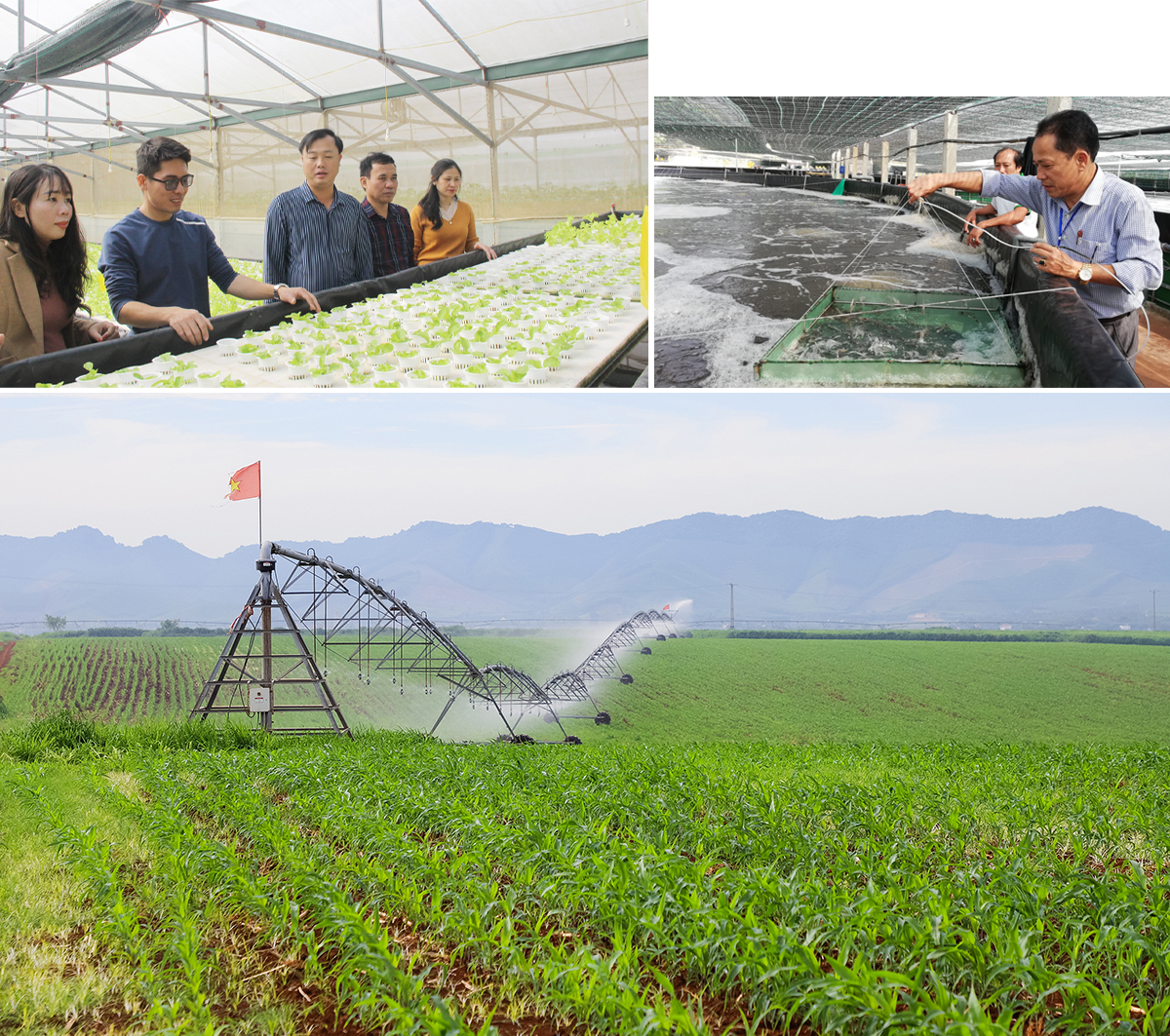
Based on that viewpoint, it is necessary to strongly restructure agriculture, develop high-yield and high-quality cultivation, livestock, forestry, aquaculture, and salt production, renew awareness of land, public investment to have reasonable policies, etc. to promote the process of building and developing modern agriculture, responsible agriculture, highly competitive agriculture, creating high added value, high and sustainable socio-economic efficiency.
3. Rural awareness:
It is necessary to deeply understand the Party's viewpoint: "Building a modern, prosperous, happy, democratic, civilized countryside with synchronous economic and social infrastructure, a green, clean, and beautiful environment; a healthy, rich cultural life, imbued with national identity; political security, order, and social safety are guaranteed. Agricultural and rural development must be associated with the space of tangible and intangible cultural heritage, protecting the values of wet rice civilization and the noble national cultural identity..."(4).
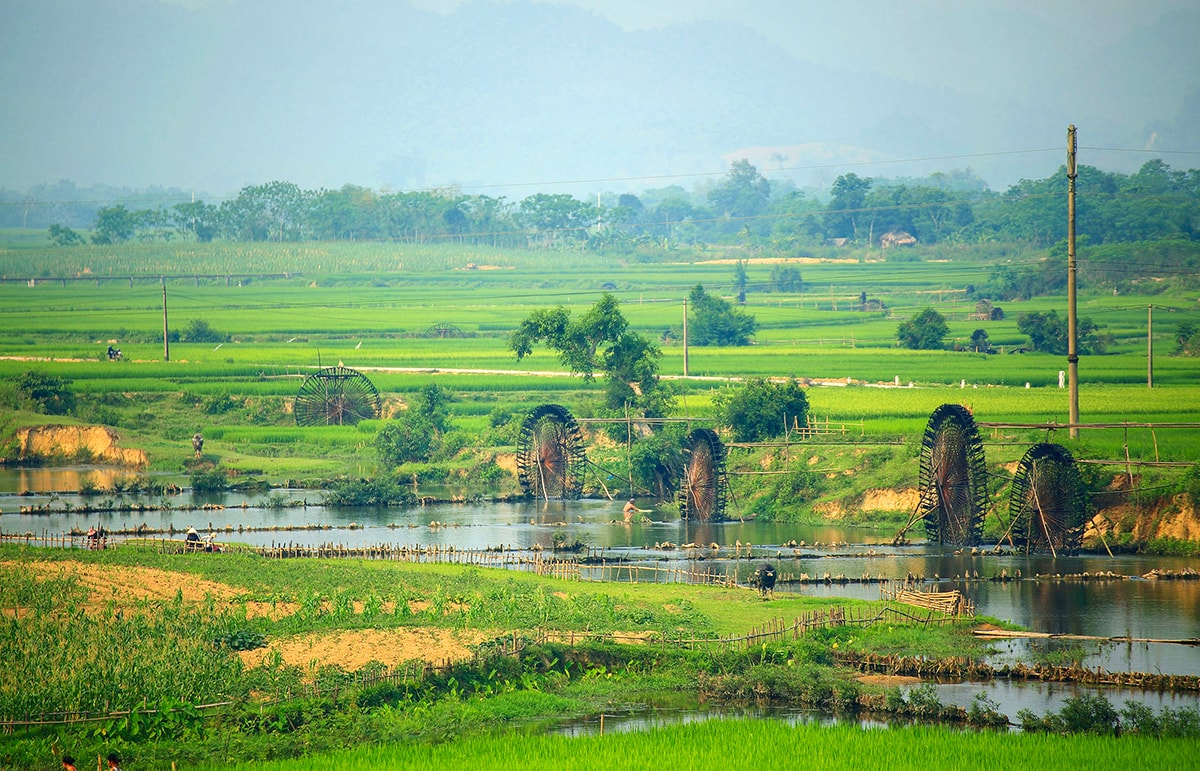
Based on that viewpoint, it is necessary to continue to supplement higher investment policies for rural infrastructure development, to overcome the situation in some localities where rural areas are being concreted, people are abandoning agricultural land, leaving their farms and hometowns, and gradually losing the cultural identity of the countryside. Party committees at all levels regularly lead and inspect the implementation of the national target program on new rural construction. Gradually improve living conditions, housing, ensure the environment, security, order, increase investment in social welfare, narrow the development gap between rural and urban areas, etc. In particular, the State needs to have strong enough programs and projects to train rural youth and farmers who really want to do agriculture, considering it a development policy, an investment in industrialization and modernization of agriculture and rural areas, to have a team of professional farmers, masters of fields, masters of markets, masters of technology and techniques, etc.
On institutionalizing and concretizing the major viewpoints and policies of the resolution on agriculture, rural areas and fishery.
In recent times, a resolution has been quickly implemented when the State institutionalizes the Party's major policies into legal documents for the entire political system and the entire population to implement. For the resolution on agriculture, the institutionalization and concretization of the Party's viewpoints and policies in the resolution on land, public investment, finance, credit, science and technology, agricultural insurance, etc.
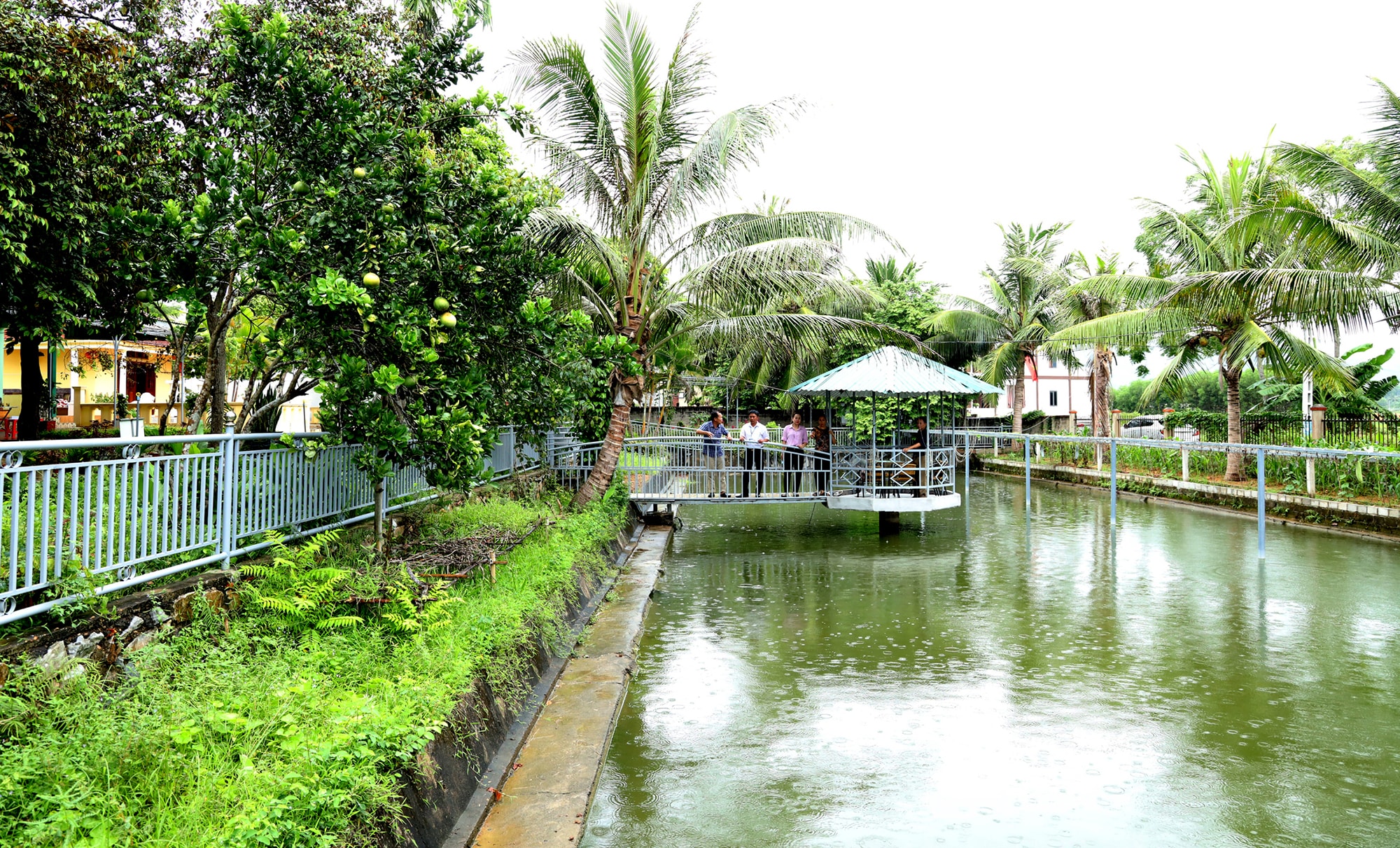
Regarding the fields of agriculture, farmers and rural areas, it is very necessary, in which land policy is of special concern to each citizen. Recent reality shows that about 80% of complaints and denunciations of citizens focus on the field of state management of land. The problem of land accumulation and concentration in rural areas to implement mechanization, accelerate scientific and technological advances, increase crop productivity, labor productivity, etc., but there are still many obstacles and slow progress related to land policy that need to be considered and resolved. Currently, the land fever has spread to rural areas, land prices are high, so the conditions for land accumulation and concentration are more difficult. The process of industrialization and urbanization, in addition to the great advantages, also raises the problem of a part of farmers losing land and migrating to urban areas to find jobs, so the urban population increases rapidly, leading to an increase in costs for urban development.
ON THE DIVISION OF RESPONSIBILITIES FOR IMPLEMENTING THE RESOLUTION ON THREE AGRICULTURE, COUNTRIES AND AGRICULTURE
This is a resolution that the Central Committee has assigned and assigned very clear tasks to the Politburo, provincial and municipal Party Committees, the National Assembly Party Delegation, the Government Party Committee, the Vietnam Fatherland Front, the Vietnam Farmers' Union, socio-political organizations, the Central Propaganda Department and the Central Economic Department. On that basis, it is requested that agencies and units continue to implement effectively to create changes and progress in the coming time.

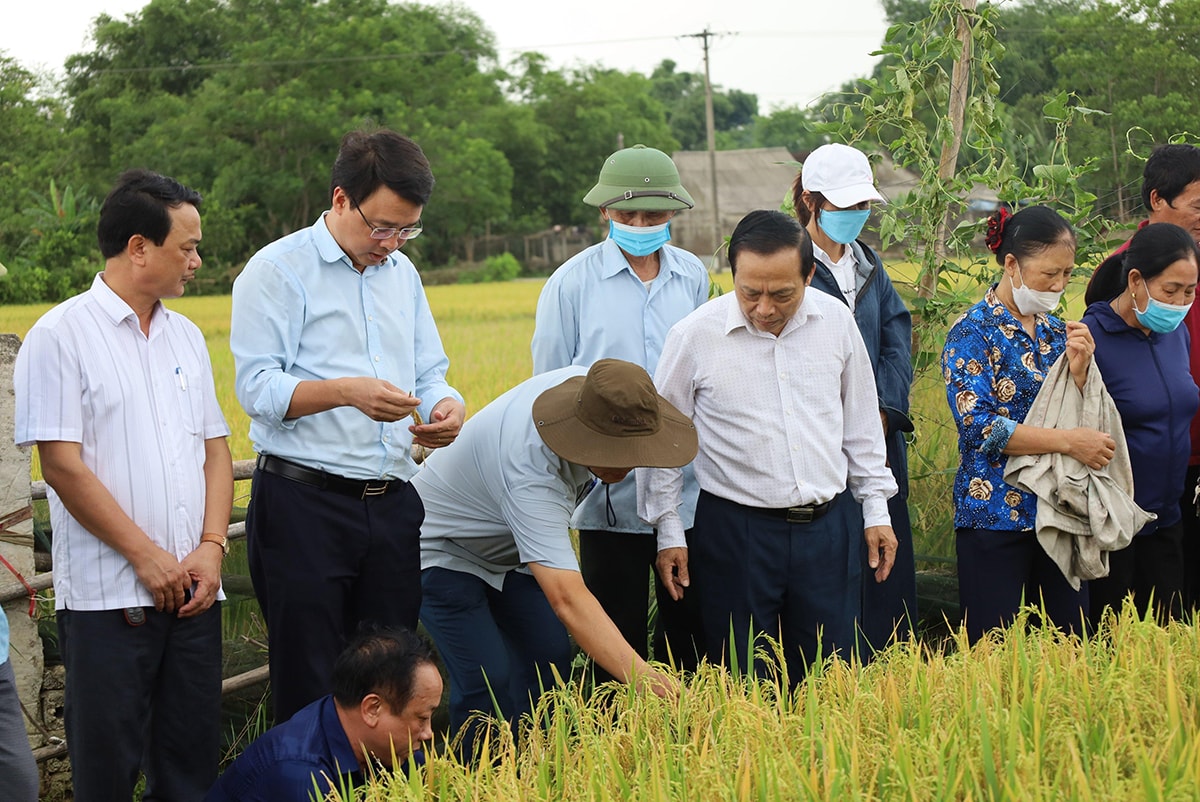
In order for the 9 main tasks and solutions in Resolution No. 19-NQ/TW to be implemented in practice, it is necessary for Party committees and authorities at all levels to clearly assign tasks to organizations in the political system at the same level. Decentralization and delegation of power in the direction of taking effectiveness as a measure so that each organization is clear about what it has to do, the products and completion time. Practical experience shows that any resolution that is specifically assigned, clearly defining the responsibilities of the head of the organization or unit associated with the implementation results, that resolution is highly feasible and soon comes into life.
ON INSPECTION, PRELIMINARY SUMMARY AND SUMMARY OF THE RESOLUTION ON THE THREE AGRICULTURES
One of the lessons learned in Party building is “No inspection is considered no leadership”. This is a very necessary solution to direct and urge the implementation of the resolution. Through regular inspection, we can detect units that have done well, units that have not done well or have signs of errors to provide timely comments. With the motto “prevention is better than cure”, it is necessary to regularly inspect and remind cadres, party members, civil servants, public employees and workers to perform political tasks and implement the resolution. Along with the responsibility of functional agencies, party committees at all levels must create the best conditions for political and social organizations and people to participate in monitoring and inspecting cadres, party members, civil servants and public employees in implementing the resolution.
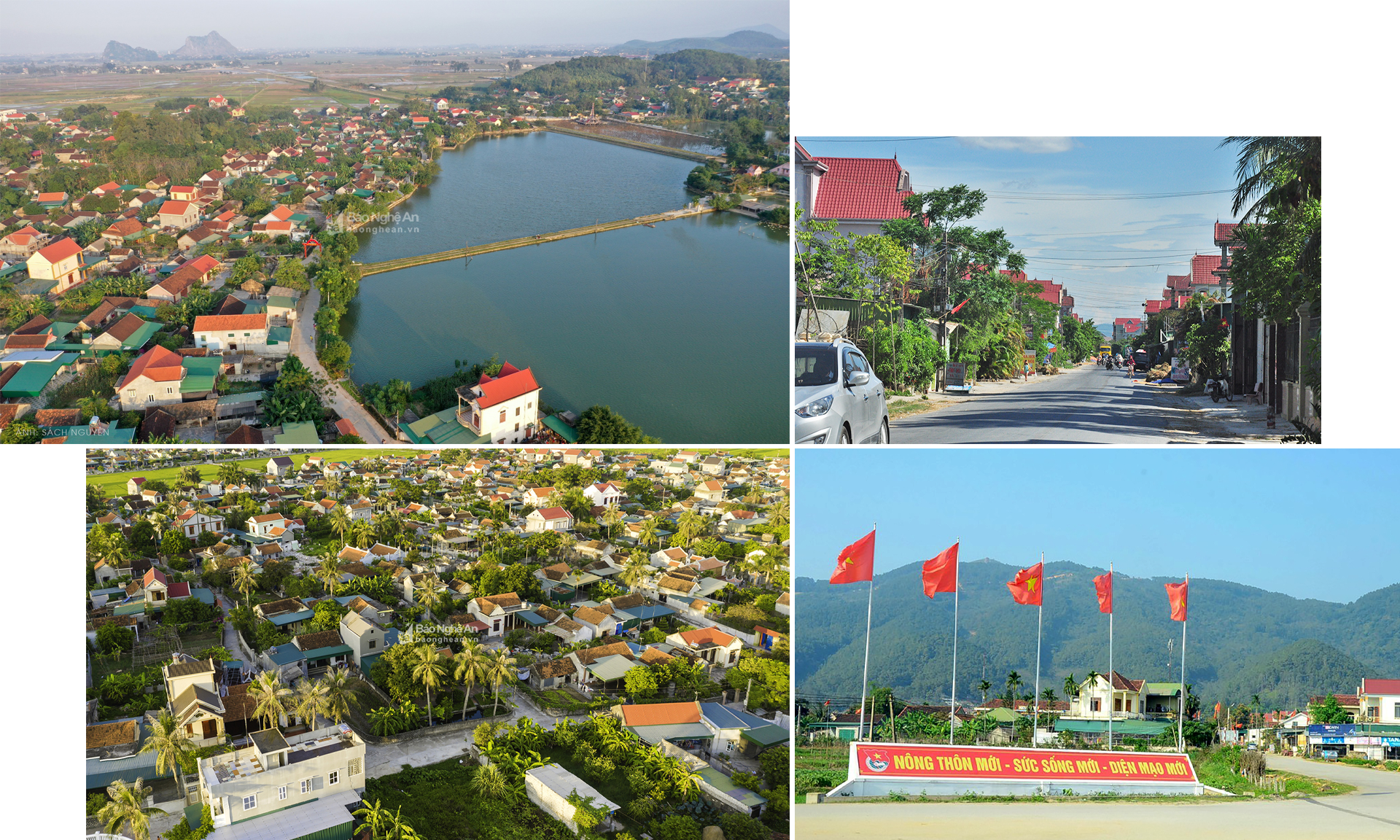
According to the Central Committee's regulations, each resolution must be reviewed after 5 years of implementation and then summarized after 10 years. Through the review, the summary from the base up (based on surveys, objective and impartial evaluation of the results achieved) to promptly commend collectives and individuals who have performed well, criticize collectives and individuals who have not performed well and determine new tasks to meet practical requirements. After 10 or 20 years of review, depending on the results and specific situation, conclusions can be drawn or new resolutions can be developed and issued.
* * * * *
The Resolution on Agriculture and Rural Development (Resolution No. 19-NQ/TW, Session XIII) has only been implemented for a short time, but with the high determination of the entire political system, it will certainly continue to be effectively implemented in the coming time, gradually creating positive changes in agriculture, farmers and rural areas as the resolution's goals.
(1) Documents of the 13th Congress, Volume I, National Political Publishing House, Hanoi 2021, p94.
(2) Ho Chi Minh Complete Works, op. cit., Vol. 7, p. 56.
(3) Resolution No. 19-NQ/TW, Tr3.
(4) Resolution No. 19-NQ/TW, Tr4.
